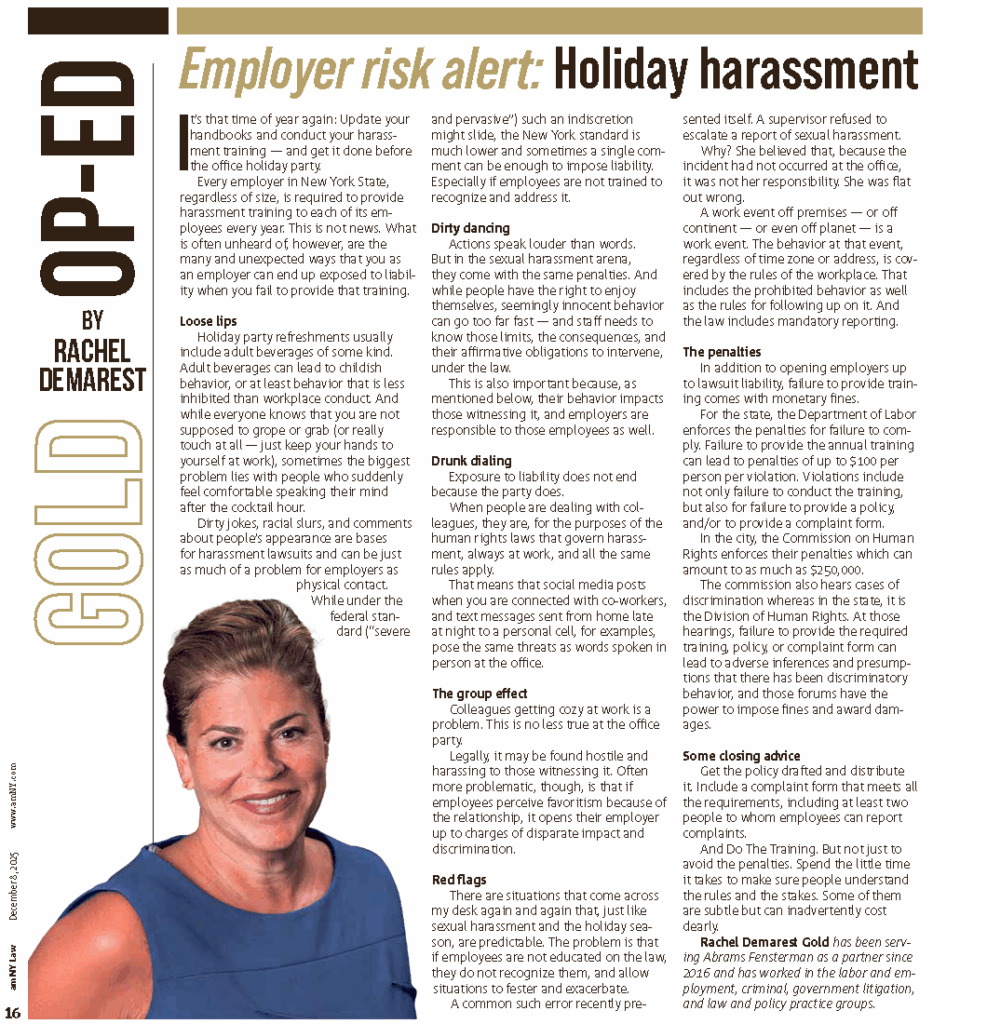By Carolyn Wolf
It is now 2014. The articles, talking heads and opinion pieces on current mental health issues are spilling over from 2013. You’ve seen them on the evening news and in the newspapers all talking about what’s wrong with the system, what theoretically can work, what we need to do or stop doing. The verbiage goes on. Of course, this is not a bad thing; it keeps the issues and dialogues out front. However, there continues to be a wide gap in much of these conversations because they have produced little in the way of concrete or practical changes in our broken mental health care system.
What we are missing is putting together a constructive and cohesive plan that puts into law, on the books, concrete and evidence based practices and programs. One major change even more importantly, however, that must occur now, is breaking down the silos where all of us in the mental health care system work and practice. Clinical professionals work in their area, case management and related supportive services work in another, residential treatment programs are in their corners, and both in — and out — patient programs live and work in their own silos too. It is time to break down the walls and work collectively with one another.
In my mental health practice, I work across all these areas, but I have to admit, sometimes I’m also in my silo. We, in the mental health field, need to work more collaboratively with one another, in evaluating and diagnosing individuals, consulting with families, making them part of the “team,” in any type of setting, in order to ultimately help those and their loved ones suffering with a serious mental health issue. If mental health professionals from legal, clinical, case management, safety and financial fields came together more frequently, in a thoughtful and comprehensive system, we could develop a national wrap around system to respond to mental health issues.
Opening these channels of communication between and among the different mental health care areas would allow us to identify mental health concerns early on, be proactive and preventive, and keep a person on a professionally trained person’s radar screen in a supportive manner. The ultimate goal of this is, of course, relief of the pain and suffering with which we are all so familiar.
Lately there has been talk of gun control in the wake of the tragedies of the mass shootings, but the issue is not gun control alone. It is not about databases or unconnected dots, it is about a multi-faceted challenge for those suffering, those who love them and, too often, those around them, whether in a family, a community, a school or a workplace. By breaking down the silos, we can bring together the true resources, at less cost. We can involve individuals in treatments that are a better fit, more appropriate and supportive and wrap them in a plan of action and intervention.
If we coordinate services and educate the public, we can turn around the stigma, negativity and pervasive misinformation. People would be able to see mental illness as a lifelong issue that requires and deserves support, understanding and treatment.
Breaking down silos makes sense in the business world, the campus setting, the workplace and the community at large. Better communication in any setting means better outcomes. Mental health continues to be in the forefront, let’s take the next steps and work together to form a constructive, realistic and real time approach. What are we waiting for? We know the issues, the studies, the conversations and the best practices. Let’s bring those together now. Waiting any longer hasn’t worked.





